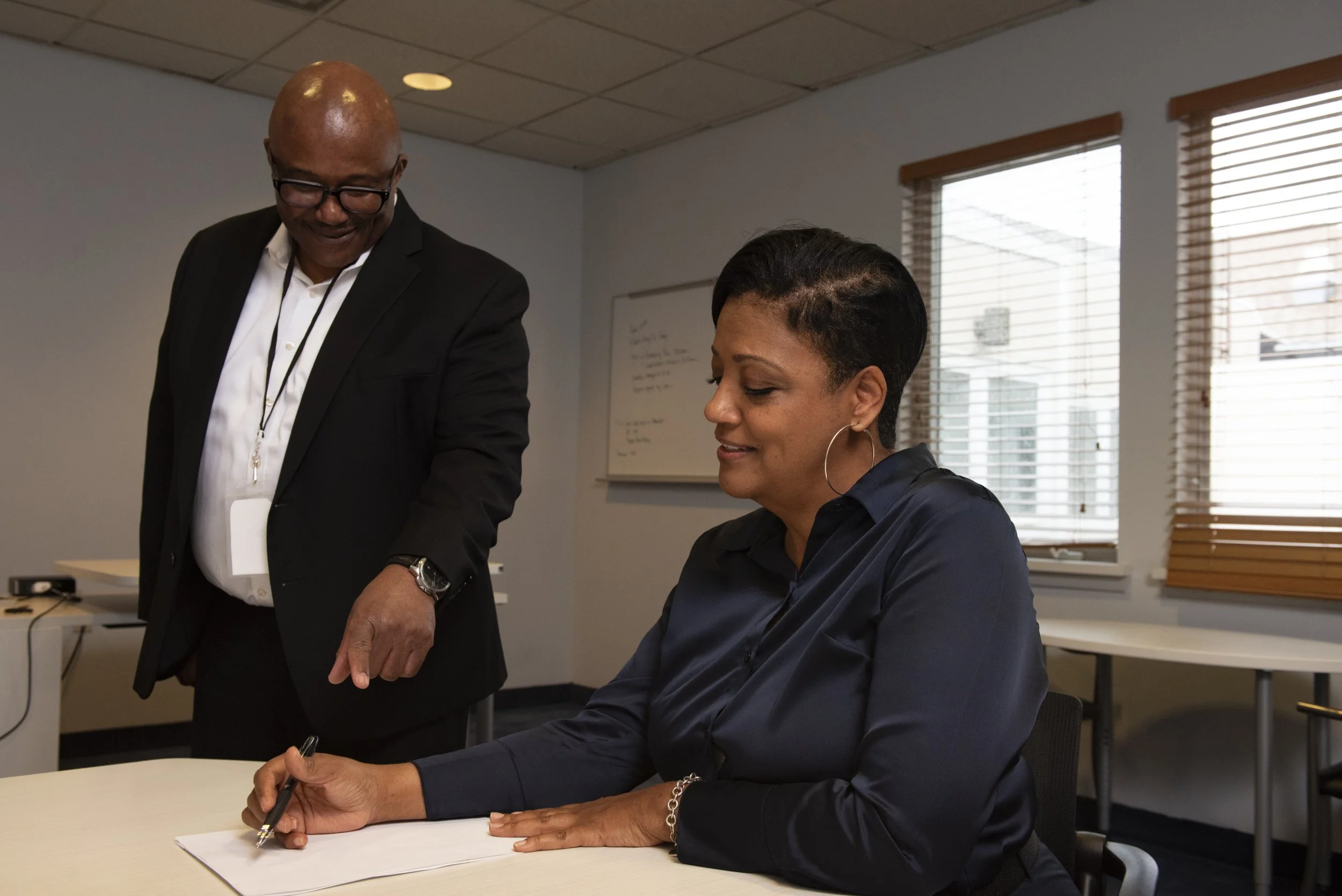
OUR MISSION
Our Mission
Empowering individuals through a culturally specific approach to rehabilitation, our mission at Turning Point is to provide a haven of holistic healing and reintroduction. As the sole cultural treatment center in Minnesota, we are dedicated to honoring diverse backgrounds and traditions while guiding our clients towards comprehensive wellness and successful reintegration into their communities. Through tailored programs and compassionate care, we aim to foster personal growth, restore balance, and champion the journey towards lasting recovery.
Historical Timeline
-
Established in 1976, a halfway house emerged in North Minneapolis with a mission to combat addiction and its adverse effects on families and individuals.
This pivotal initiative marked the start of a journey dedicated to healing, restoration, and empowerment, shaping a legacy of hope and transformation in the community.
-
In 1980 our organization began offering services from a holistic approach. This pivotal moment marked a departure from conventional methods, as we embraced a comprehensive approach to address the needs of our patients.
-
In 1989, we introduced an adult chemical dependency primary residential program, marking a significant milestone in our commitment to addressing substance abuse within the community.
-
In 1990, we launched an after-care program to provide continued support and guidance for individuals in their journey towards lasting wellness after addiction recovery.
-
In 1997, we introduced the Mothers and Children Program, acknowledging the unique needs of families impacted by substance abuse.
This expansion underscored our dedication to holistic care by providing specialized support and resources for mothers and their children, fostering stability and healing.
-
In 1998, we introduced a supportive housing program, this initiative addressed the need for safe and supportive living environments during the transition to independent living.
-
In 2000, we enhanced our services with HIV/AIDS awareness and education programs, acknowledging the crucial link between substance abuse and public health. This addition underscores our commitment to holistic care by offering vital information and resources to prevent HIV/AIDS transmission and support affected individuals.
-
In 2005, we launched our outpatient treatment program, signifying a crucial step in our commitment to accessible and comprehensive care for individuals in recovery. This initiative addressed evolving community needs by providing flexible treatment options tailored to diverse schedules and lifestyles.
-
In 2005, we launched the Circle of Sobriety model, a culturally specific treatment approach tailored to meet the diverse needs of our community. This innovative model integrated cultural elements and traditions into our programs, fostering a supportive environment that respects individual backgrounds.
-
In 2006, we initiated a transitional housing program aimed at aiding individuals in their path to sustained recovery and autonomy. This program furnished a secure and organized setting, offering participants vital life skills and resources necessary for their reintegration into society.
-
In 2011, we launched our Culturally Specific Service Center, expanding our commitment to providing tailored and inclusive care to our diverse community. This dedicated center addresses the unique needs of individuals from various cultural backgrounds, ensuring culturally sensitive and accessible services for all.
-
In 2012, we established a group residential housing facility at Ms. Bea's House, expanding our capacity to provide supportive and structured living environments for individuals in need. This new facility served as a cornerstone in our commitment to offering comprehensive care, offering residents a safe and nurturing space to focus on their recovery journey. By providing a supportive community environment at Ms. Bea's House, we aimed to empower individuals to achieve stability and build the foundation for lasting wellness.
-
In 2013, we implemented our Culturally Specific Training Model, a comprehensive approach designed to equip our staff with the knowledge and skills necessary to provide culturally sensitive care. This model was developed to address the diverse backgrounds and needs of our community, ensuring that our services were delivered with understanding and respect.
-
In 2014, we partnered with North Memorial Hospital to establish a transitional housing program, further expanding our continuum of care for individuals on their journey towards recovery. This collaborative effort enabled us to provide vital support and resources to individuals transitioning from hospital settings to independent living.
